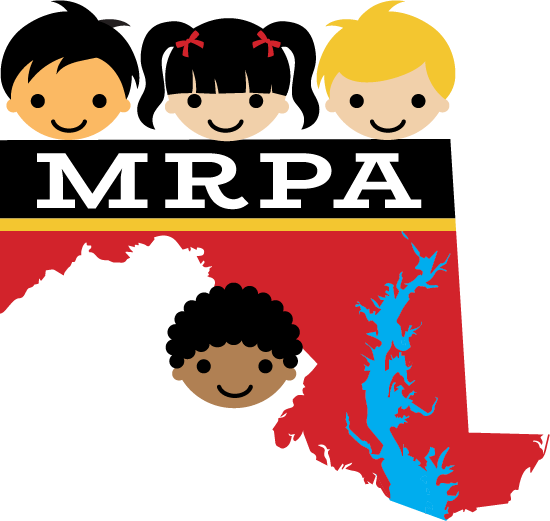Access to Education For Children in Foster Care
The Access to Education for Children in State-Supervised Care handbook for professionals working in Maryland child welfare and educational systems. The handbook will help child welfare workers and school staff to minimize common barriers to success in school for foster children.
Educational stability is essential to educational achievement for foster children. Professionals need a clear understanding of the educational system and barriers to become effective advocates for foster children.
What are the common barriers to success in school for foster children?
Children in foster care are among the most educationally vulnerable children in the nation. More than half of all children in foster care suffer from serious health problems, developmental delays and other disabilities that can compromise their educational growth.
The same factors that can lead to foster placement – maltreatment; the death or incarceration of a parent or caretaker; or chronic homelessness – also place children at risk for educational failure. Instability in school placement, lack of continuity of educational services, and lack of parental and advocacy participation in their school lives are all challenges that foster children face through their school years.
Studies show that children in foster care:
- Do not perform as well as other children, lagging in achievement, repeating grades and failing classes;
- Experience frequent changes in placement;
- Are twice as likely to drop out of high school as their peers;
- Experience inappropriate school placements, and lost, misplaced or inaccessible school records;
- Experience delays in school enrollment;
- Receive special educational services at three to five times the national rate for all children; and
- Exhibit substantial behavioral and emotional problems that can compromise their ability to learn or function at school.
